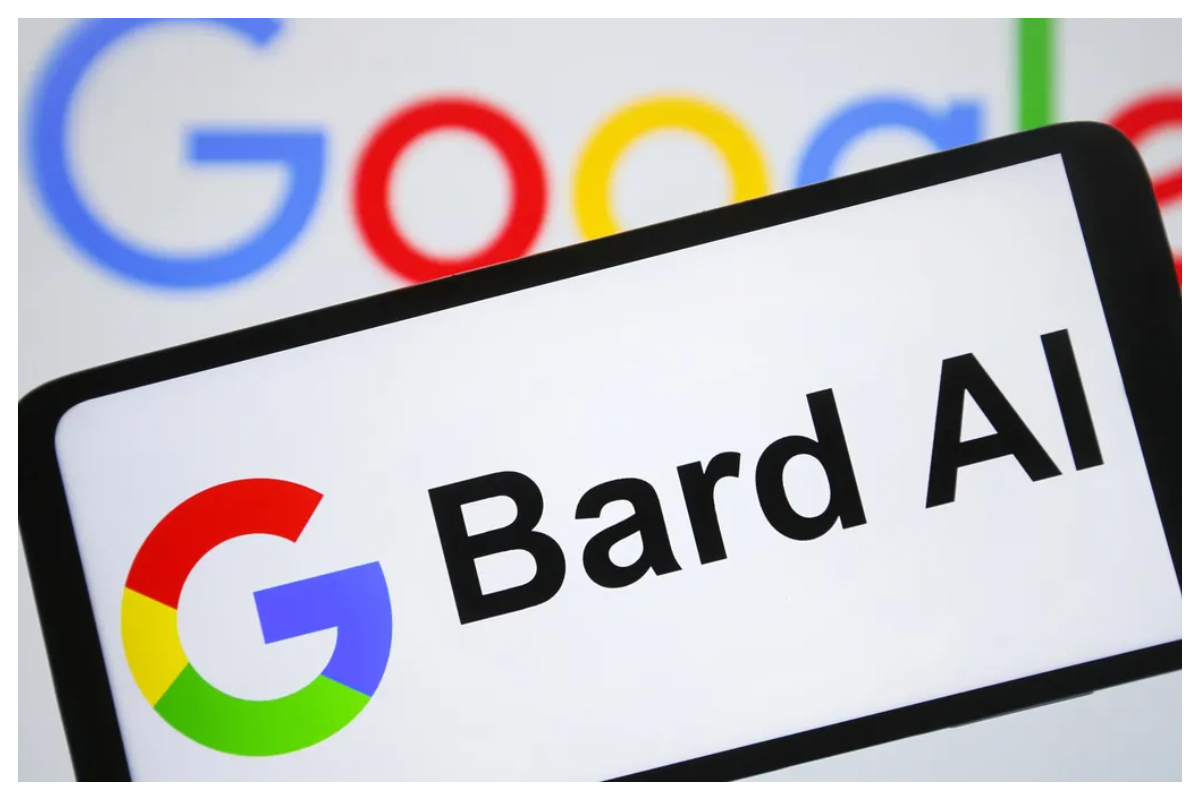Twitter strengthens anti-hate policy, warns against abusive behavior
Twitter, announces policy targeting hate speech and abusive behaviors. Twitter introduces "Freedom...

Can Google’s Bard surpass OpenAI’s ChatGPT in the EU, Brazil?
Google has unveiled its AI chatbot named Bard in the European Union (EU), Brazil, and other nations, in a direct challenge to OpenAI’s ChatGPT. The launch of ChatGPT sparked an “AI race,” and now Google aims to compete with its own AI technology.
Google unveiled Bard in February but postponed its release in the European Union (EU) due to the EU’s intention to regulate AI. The concerns revolve around the fast-paced advancement of AI technology, leading to the decision to delay Bard’s launch in the EU.
In a bid to catch up with its competitor, Microsoft, the US giant has been making significant efforts to incorporate ChatGPT-like capabilities into a range of products, including the Bing search engine. The race between the two companies has intensified as they strive to integrate the powerful features of ChatGPT into their respective offerings.
According to a blog post by Bard’s product lead, Jack Krawczyk, and vice president, Amarnag Subramanya, Bard is now accessible in most parts of the world and supports the most commonly spoken languages.
“As part of our bold and responsible approach to AI, we’ve proactively engaged with experts, policymakers, and privacy regulators on this expansion,” they added.
Can Google’s Bard surpass OpenAI’s ChatGPT in the EU, Brazil?
Google plans to incorporate user feedback and prioritize privacy and data protection as it expands access to Bard, its AI tool.
Bard is now available in over 40 languages, including Arabic, Chinese, German, Hindi, and Spanish, significantly broadening its language support beyond English, Japanese, and Korean.
New features have been introduced, such as the ability to receive audio responses from Bard and the option to receive answers in different styles, including simple, long, short, professional, or casual.
Users can now upload photos for Bard to analyze and provide relevant information based on the images.
The growing capabilities of AI have generated both excitement and concerns regarding its potential to enhance or replace human tasks.
AI tools have demonstrated remarkable abilities, including generating essays, creating realistic images, imitating famous singers’ voices, and passing medical exams, among other diverse applications.
Concerns surrounding AI involve potential issues like chatbots spreading disinformation, biased algorithms producing racist content, and the automation powered by AI leading to job displacements across industries.
Despite warnings from experts, including Sam Altman, the founder of OpenAI, about the potential risks of AI to humanity, the development of the technology continues at a rapid pace. Elon Musk, who also raised concerns about AI, recently launched his own AI company called xAI. The company will operate separately from Musk’s other ventures but aims to benefit businesses like Twitter.
In a significant move, the European Parliament has backed a draft law that will establish comprehensive regulations for AI, including provisions specific to generative AI systems like ChatGPT and Dall-E, capable of producing text and images. The proposed regulations require AI-generated content to be clearly labeled and prohibit certain AI applications, such as real-time facial recognition systems.
Negotiations between the parliament and EU member states will take place to finalize the regulation, with the goal of reaching an agreement by the end of the year. These regulations mark a significant step toward establishing comprehensive rules for AI and addressing potential risks associated with the technology.
Catch all the Business News, Breaking News Event and Latest News Updates on The BOL News
Download The BOL News App to get the Daily News Update & Live News.